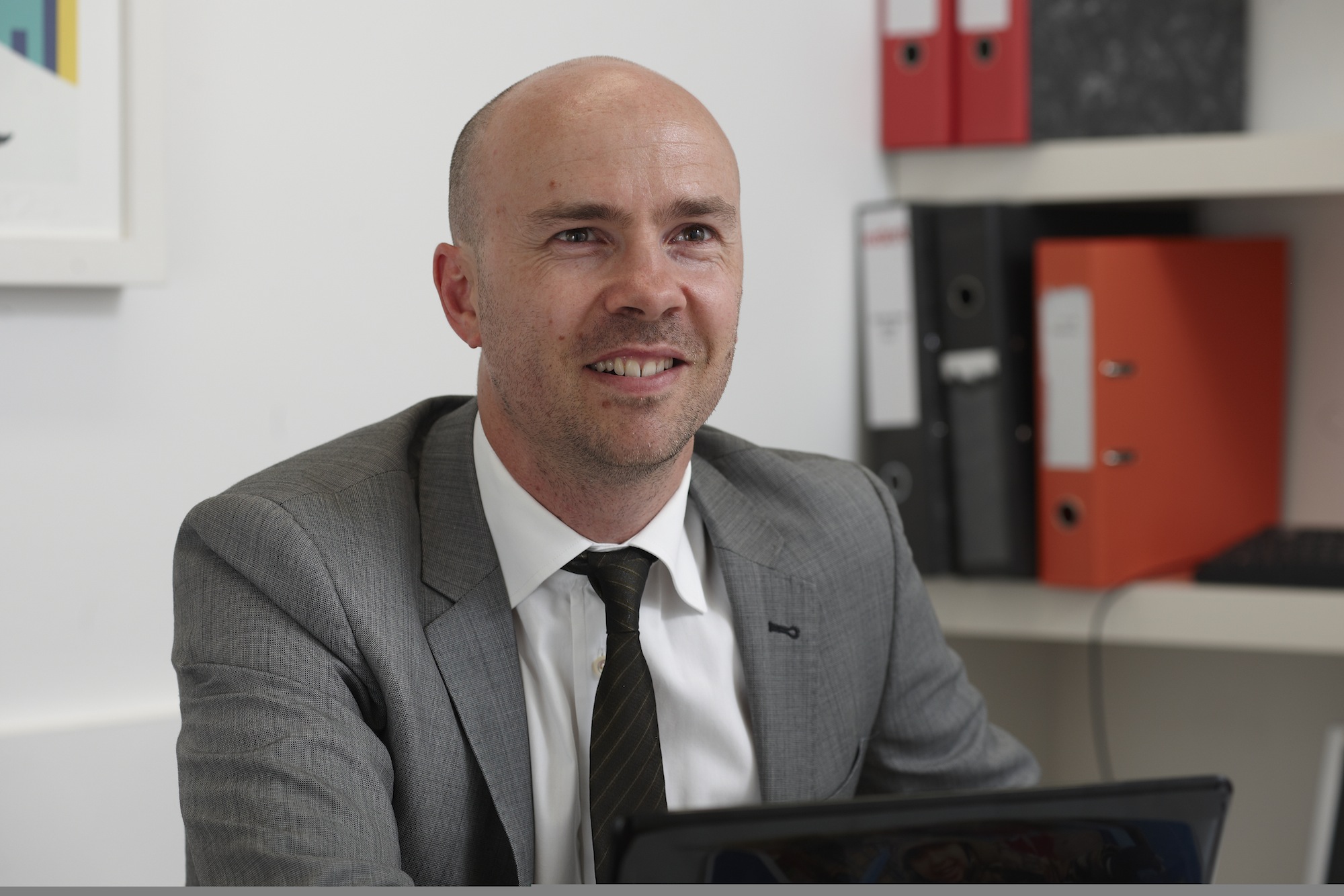When it’s done right, thorough research will clearly and evidently separate you from your competitors and make you highly appointable. However, you must be prepared to do more than you might expect.
Tell me what you know about the board you are applying for? is a question I have asked board candidates thousands of times. Unfortunately, their responses rarely extend beyond ‘what they have read on the website’ or what they already know about the business. As a result they often cripple their chances of being appointed because the few candidates who have really researched the opportunity comprehensively out shine them.
Research Research Research
Research is by far the most important element of any board/job-hunting process. Conversely, it is probably the most under-utilised and difficult element to undertake. It is even harder to do well. However when done right thorough research will pay dividends and shorten the time it takes for you to be appointed to a board. I recommend four separate research activities that should be taken before you apply for a role.
1. Desk research.
This is a no-brainer. However, most people consider desk-based research the only research they need to do. If done at all, it is rarely done more than twice. First when the opportunity is first noticed and then immediately before an interview. Unfortunately for those taking this approach this effort will not differentiate them from any other applicant. Differentiating yourself is the whole point of your application process you need to do more than just surf the web.
2. Personal research.
Often the research that is most effective can only be gained by leaving your computer and experiencing what the organisation does directly. The reason it is so effective is because few candidates do it. It also shows a proactive approach to gaining an understanding the organisation. Some of my most impressive candidates to date leave their computers and experience what the organisation does directly. They, visit the organisation in person, do some ‘mystery shopping’, use their website, experience their customer service, buy a product or use their services and then having done all these things they reference them in interviews and applications to great effect.
3. Speak to people
Researching applications is a great excuse to speak with your peers or, better still, to the peers of the organisation who you are applying to. Whilst daunting, this effort will never go unrewarded because this level of research is something that will continue to separate you from other applicants throughout the process. The added bonus is that you may also ‘stumble’ upon other board opportunities.
4. Contact about the opportunity
The final element of your board research should culminate in a phone call to the search firm/advertiser or Chair of the board you are applying for. This is non negotiable. However, it should only occurr after completing your desk and personal research. You should make this call for two reasons:
- To differentiate yourself from other applicants – this is where you start the process of ‘daring them not to interview you’ by referencing your research and demonstrating a full understanding of the organisation/board.
- To clarify the closing date and content for applications. On countless occasions I have received late applications or ones without enough or with too much information. Sometimes these might be considered but more often they were not. This is really frustrating for applicants and embarrassing for the organisation. In either case you don’t want this to be you. Make the call.
What is the down side?
Many worry about doing this level of research because they feel they might be seen to be abusing the application process (by getting to close to those that influence the appointment). You certainly do not want to be seen to be unfairly influencing the appointment decision, but this can be overcome if you approach those you speak with, with a clear desire to inform yourself about the role/organisation rather than to influence the decision-making process.
Isn’t this too much?
It is a lot of work but good candidates do this and if you don’t you will suffer in comparison. Equally, by doing this level of research you will be ‘daring them not to interview you’ and demonstrating yourself to be informed, proactive and intelligent – qualities all board members should have.


